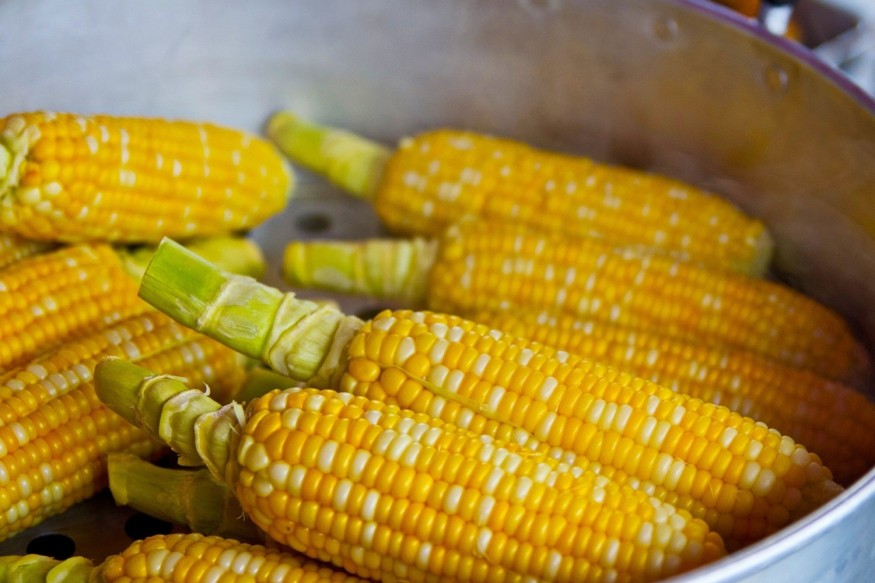
Researchers have evolved a new way that would make it much inexpensive to provide biofuels along with ethanol from plant waste and decrease reliance on fossil fuels.
The researchers used an ammonia-salt based solvent that rapidly turns plant fibers into sugars needed to make ethanol, which works appropriately at near room temperature - unlike conventional methods, according to Rutgers-led research in the journal Green Chemistry.
"Our pretreatment gadget can slash - by up to 50-fold - the usage of enzymes to turn solvent-treated plant fiber into glucose (sugar) used to make bioproducts like ethanol," said lead author Shishir P. S. Chundawat, an assistant professor in the Department of Chemical and Biochemical Engineering at Rutgers University-New Brunswick. "Similar approaches should greatly lessen the value of manufacturing biofuels from waste biomass like corn stalks and leaves."
The solvent was also able to extract more than 80 percent of the lignin in plant waste. Lignin, which binds to and fortifies plant fibers, could be used to improve valuable aromatic chemicals in the future, according to Chundawat. Collaborative efforts were made with other researchers in utilizing a high-tech Bio-SANS tool at Oak Ridge National Laboratory to evaluate how complex biological systems like plant waste respond to understand better how cellulose dissolves at a molecular level.
Corn stalks, leaves, switchgrass, and other residue have tightly packed cellulose microfibrils, which are tiny strands thinner than fibers. Microfibrils are challenging to break down the enzymes or microbes, making it hard to turn many plant-based materials in biomass into biofuels or biochemicals.
Biomass consists of microbial, plant, or animal-derived materials used for renewable energy and industrial processes. Various researchers have tried several solvents to break down cellulose fibers over the past 150 years, but most remain costly or require extreme pressures or temperatures to be effective.
Suitable solvents or heat- and chemical-based pretreatments are needed in speeding up the conversion of cellulose into sugars like glucose with enzymes. In the last a hundred and fifty years, numerous solvents that could wreck down cellulose fibers were explored. But most enzymes remain pricey or require intense degrees of working pressures or temperatures to be effective.
The ammonia-salt based solvent device hurries up the conversion of cellulose into sugars the usage of enzymes. It can significantly reduce the price of biofuels production because enzymes can account for approximately 15 percent to 20 percent of the value of making biofuels like ethanol from biomass.
Optimizing the pretreatment procedure for corn stover and local wastes, including switchgrass and poplar would be changed into fuels, while also growing more powerful enzymes to lessen costs are also needed for the next optimized steps, says Chundawat.
Previous studies suggest that plant- and wood-waste sustainable biofuel could transform the worldwide shipping industry. However, biofuels made from corn crop residue could generate more greenhouse gases as it emits more carbon dioxide than current federal standards allow.
Previous studies suggest looking for other alternatives such as planting cover crops to fix more carbon in the soil or exporting electricity from biofuel production facilities to offset emissions from coal-fueled power plants.
© 2026 NatureWorldNews.com All rights reserved. Do not reproduce without permission.





